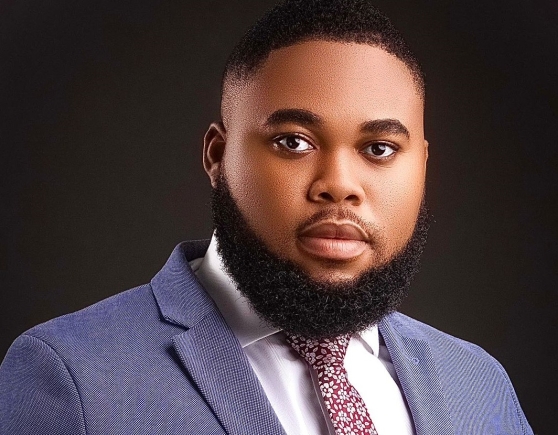In recent years, the Sahel region of Africa has witnessed a surge in military coups, with Burkina Faso being one of the countries that has experienced this phenomenon.
In January 2022, a group of military officers led by Captain Ibrahim Traoré seized power, overthrowing the government of President Roch Marc Christian Kaboré.
This coup marked the third successful military takeover in the country since 2020, and it has sparked intense debate about the role of the military in politics and the future of democracy in Africa.
While many observers have expressed concerns about the implications of military rule for democracy and stability in the region, the situation in Burkina Faso presents a complex and nuanced case. Under Captain Traoré's leadership, the country has made significant strides in infrastructure development, accountability, and security.
The military leadership has prioritized security, launching operations against terrorist groups and bandits that have plagued the country for years.
The groups, including Al-Qaeda in the Islamic Maghreb (AQIM) and the Islamic State in the Greater Sahara (ISGS), have been responsible for numerous attacks on civilians, military personnel, and infrastructure.
The military leadership has also invested heavily in infrastructure development, including roads, schools, and hospitals.
This has improved the quality of life for many Burkinabés and created new economic opportunities. For example, the construction of new roads has facilitated trade and commerce, while the building of schools and hospitals has improved access to education and healthcare.
Additionally, the military leadership has implemented measures to increase transparency and accountability in government, which has helped to reduce corruption and ensure that public resources are used more effectively.
The leadership's commitment to accountability has earned them praise from many citizens who are tired of the corruption and mismanagement that characterized previous governments.
In fact, many Burkinabés have expressed support for the military leadership, citing their effectiveness and commitment to development. This is in contrast to the previous government, which was criticized for its inability to address the country's security and economic challenges.
However, despite these benefits, there are also challenges and limitations to consider.
The military leadership lacks democratic legitimacy, having seized power through a coup rather than through elections.
This can undermine the government's accountability to citizens and create tensions with international partners. Moreover, military rule can be authoritarian in nature, with decision-making power concentrated in the hands of a few individuals, which can limit the space for civil society and opposition voices.
The sustainability of military rule is also a major concern. While the current leadership may be effective, there is no guarantee that future military leaders will be equally competent or committed to the country's development.
Furthermore, the lack of democratic institutions and processes can create uncertainty and instability in the long run. For example, the absence of an independent judiciary and a free press can lead to human rights abuses and undermine the rule of law.
The experiment with military leadership in Burkina Faso has significant implications for Africa.
It challenges traditional notions of governance and democracy, highlighting the need for African countries to experiment with new approaches to governance that prioritize accountability, transparency, and effectiveness.
However, it also underscores the importance of context, recognizing that different countries have unique histories, cultures, and challenges that shape the effectiveness of different governance models.
In conclusion, Burkina Faso's experiment with military leadership presents a complex and nuanced case that challenges traditional notions of governance and democracy.
While the military leadership has brought several benefits, including improved security, infrastructure development, and accountability, it is essential for the country to transition back to a democratic state.
Even if the current leader, Captain Traoré, has done well in terms of accountability and infrastructure development, it is crucial for him to bring the country back to a democratic state. If he is still interested in ruling the country, he should do so as an elected leader, not with the gun.
The example of Ghana's Jerry John Rawlings in 1992, who handed over power to a democratically elected government after a military coup, serves as a good precedent. By transitioning to democracy,
Burkina Faso can ensure that the progress made under military rule is sustainable and that the country can continue to develop in a stable and peaceful environment. Ultimately, the success of Burkina Faso's experiment with military leadership will depend on its ability to balance short-term gains with long-term sustainability and democratic principles.

